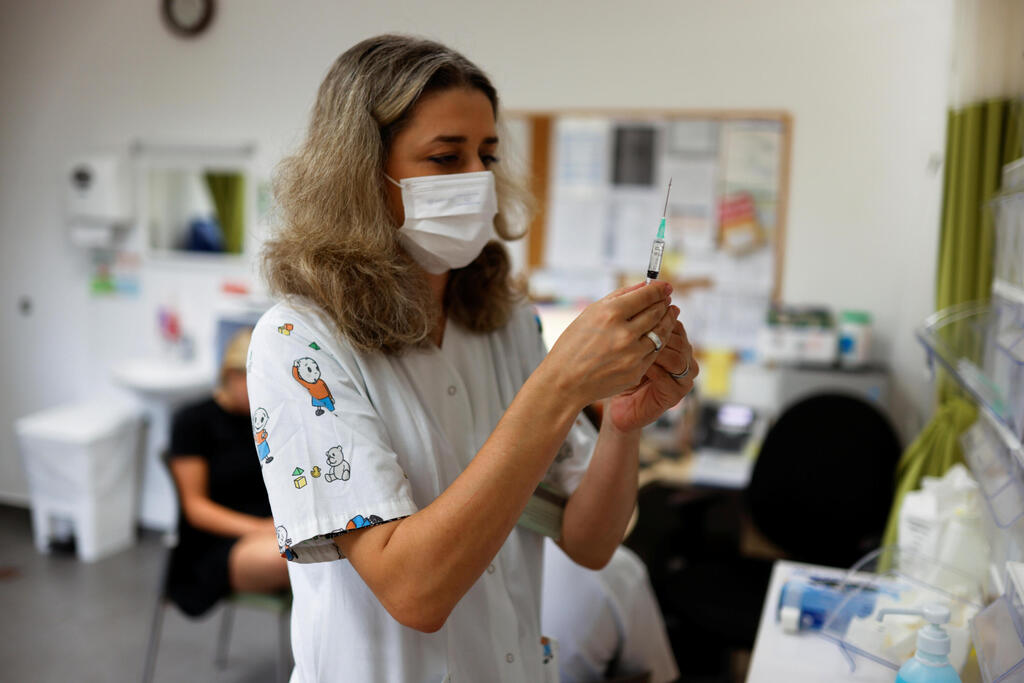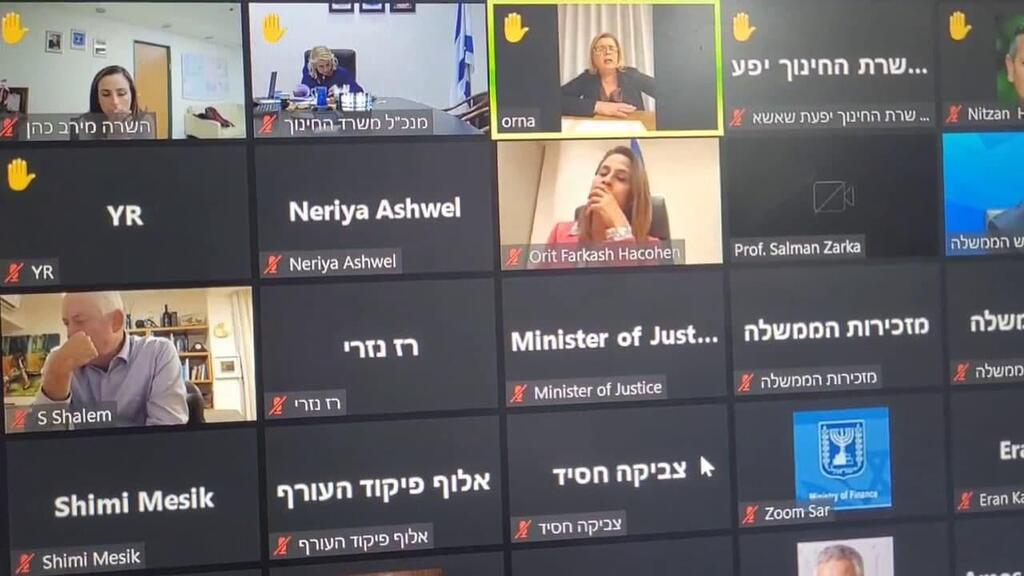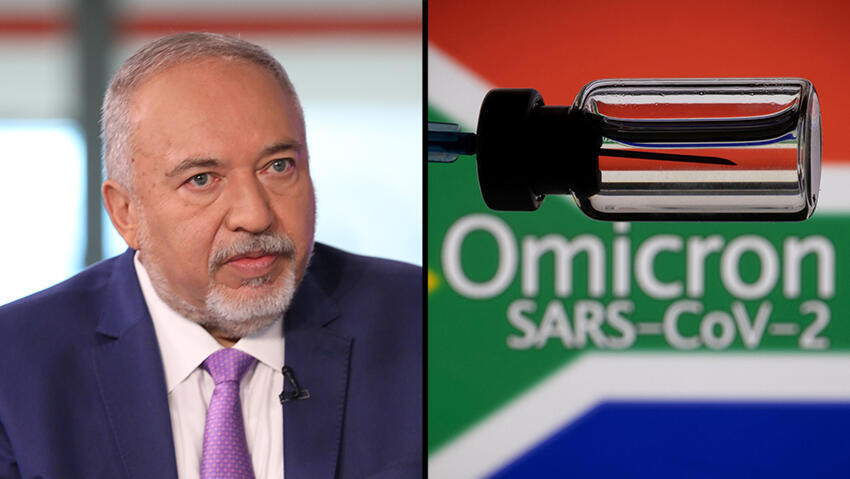Getting your Trinity Audio player ready...
Israel on Tuesday became the first country in the world to begin offering fourth vaccine booster shot shortly after ministers warned the country may be headed towards a general lockdown as soon as next month.
The coronavirus cabinet convened Tuesday evening to discuss putting in place further measures to stem the spread of the highly mutated Omicron variant of COVID amid worrying signs of resurging morbidity.
Public Security Minister Omer Barlev was first to sound the alarm, adding that a key part of a successful pandemic response is being able to convey experts' recommendations to the public.
"I don't want to stir a hornet's nest. We must tell the public the truth… I hear from the experts that even with a third vaccine there is no protection against this Omicron," Barlev said during a coronavirus cabinet meeting.
At the meeting, Interior Minister Ayelet Shaked proposed allowing every citizen who wishes to be inoculated with a fourth vaccine dose to do so at their own discretion.
On the other hand, in a rare appearance at the ministerial panel, Finance Minister Avigdor Liberman downplayed the risks posed by Omicron and compared it to the flu.
"So far, only about 12 people have died of Omicron around the world. I don't see Omicron having a greater effect than the flu," Liberman said while stressing his opposition to putting restrictions on public gatherings.
Meanwhile, Justice Minister Gideon Sa'ar proposed rewarding families that vaccinate their children as well as citizens who receive a vaccine booster shot.
"We should offer NIS 1,000 [$320] to every parent of a child who is vaccinated at the age of 5 to 11. This is a million children, which means one billion shekels if everyone is going to get vaccinated. The same goes for promoting the booster to those who have not yet gotten it," Sa'ar said. "Vaccines are the most effective dam against severe illness and in view of the expected wave, it is the most effective move to encourage vaccination within a short time."
Shortly after the meeting a panel of health experts advising the government on the pandemic approved offering a fourth vaccine booster shot to immunocompromised sectors of the public and those over the age of 60, provided it has been at least four months since their last vaccine jab. The fourth booster will also be offered to medical teams.
Bennett's office said the campaign, which still requires bureaucratic approvals, is expected to begin in the coming days.
3 View gallery


A teenager receives a dose of a vaccine against the coronavirus disease at Clalit HMO in Tel Aviv
(Photo: Reuters)
Prior to the meeting, ministers approved via telephone vote reducing attendance for public employees to 50% from December 26 through January 26.
Health Ministry officials also presented ministers with a list of recommendations, including tightening gathering caps at businesses and public events.
The panel also agreed on an outline that would only allow in-person learning in cities with bad COVID-19 outbreaks if at least 70% of students have been vaccinated. If immunization rates are below 70%, schools will have to revert to distance learning.
Some ministers on Monday showed reluctance about imposing new restrictions on the public, especially those regarding public gatherings, with some deeming such measures unnecessary at this stage of Israel's COVID-19 outbreak and detrimental to the country's economic recovery.



